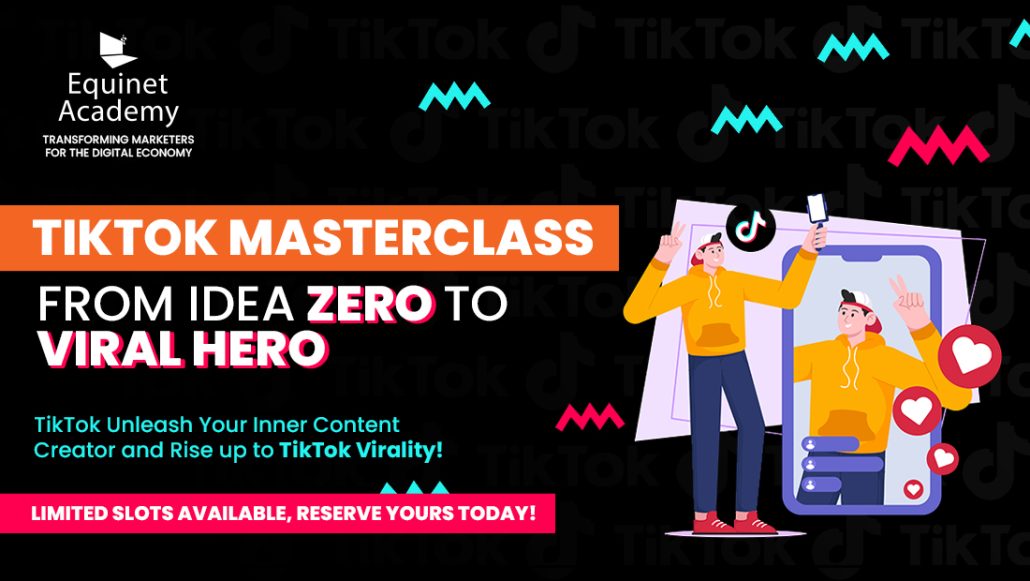Unleashing the Future: Cutting-Edge Social Media Marketing Courses for 2025


The Evolution of Social Media Marketing Courses
Past Trends in Social Media Marketing Education
Social media marketing education has seen rapid changes over the years. Initially, courses focused primarily on basic platforms like Facebook and Twitter, teaching students how to set up profiles and make posts. As the landscape evolved, so did educational content. Key trends included:
- Introduction of Analytics: Understanding engagement metrics became essential.
- Content Creation Techniques: Emphasis shifted to creating shareable, high-quality content.
Forecasting the Future of Social Media Marketing Courses
Looking ahead, social media marketing courses must adapt to ongoing innovation and higher audience expectations. Expect to see:
- Integration of AI Tools: Automation in marketing strategies.
- Focus on New Platforms: Courses may expand to include TikTok and beyond.
The future is promising, as continuous advancements in technology will shape effective marketing education. Students will be better equipped to handle the dynamic world of social media.

Emerging Technologies in Social Media Marketing Education
Impact of AI and Machine Learning
The rise of AI and machine learning has opened new doors in social media marketing education. These technologies allow for personalized marketing, enabling marketers to reach their audiences more effectively. For example, students can now learn to:
- Analyze User Behavior: Use predictive analytics to understand consumer trends.
- Automate Customer Interactions: Implement chatbots for real-time engagement.
With AI tools, future marketers can leverage data-driven decision-making to enhance their campaigns significantly.
Virtual Reality and Augmented Reality Applications
Virtual reality (VR) and augmented reality (AR) are also revolutionizing social media marketing courses. These immersive technologies provide unique experiences that help brands stand out. Imagine a student learning to create a VR campaign allowing users to experience a product before purchasing! Some applications include:
- Interactive Learning Modules: Engaging students through VR simulations.
- AR Filters for Advertising: Teaching practical skills for platforms like Instagram.
As these technologies evolve, their integration into educational curriculums will prepare marketers for innovative campaign strategies.

Specialized Skills for Advanced Social Media Marketing
Data Analysis and Interpretation
In the evolving world of social media marketing, data analysis and interpretation are crucial. Marketers who can sift through analytics have the edge in crafting strategies that resonate with audiences. For instance, consider how one campaign was restructured based on audience engagement data, leading to a 30% increase in conversions. Students should focus on:
- Understanding Key Metrics: Engagement rates, impressions, and click-through rates.
- Using Analytical Tools: Familiarity with platforms like Google Analytics and social media insights.
Personalization and Customer Journey Mapping
Personalization is another vital skill in advanced social media marketing. By mapping out the customer journey, marketers can tailor their strategies to meet specific needs. This approach creates a more engaging experience. For example, a well-executed campaign might offer personalized product recommendations based on previous interactions. Essential elements include:
- Segmenting Audiences: Dividing users based on interests and behaviors.
- Crafting Targeted Content: Developing messages that resonate at various touchpoints.
These specialized skills empower marketers to create campaigns that not only attract attention but also foster deeper customer relationships.

Incorporating Ethical Practices in Social Media Marketing Courses
Ensuring Data Privacy and Security
With the increasing reliance on data in social media marketing, incorporating ethical practices around data privacy and security is critical. Courses now emphasize responsible data handling, teaching students the importance of consent and transparency. For example:
- Understanding GDPR Regulations: Familiarity with laws protecting user data.
- Implementing Secure Data Practices: Techniques to safeguard consumer information.
Such knowledge prepares future marketers to build trust with their audiences while complying with legal standards.
Promoting Diversity and Inclusivity in Marketing Strategies
Equally important is fostering diversity and inclusivity within marketing strategies. Educators encourage students to craft campaigns that reflect diverse voices, ensuring that all segments of the population are represented. Techniques include:
- Creating Inclusive Content: Using language and imagery that resonate with various groups.
- Engaging Different Perspectives: Involving diverse teams in the campaign planning process.
By prioritizing these ethical practices, social media marketing courses prepare students to create responsible and representative marketing strategies that engage a broader audience, ultimately leading to stronger brand loyalty.

Industry Collaboration and Real-World Projects
Partnerships with Leading Marketing Agencies
To bridge the gap between theory and practice, many social media marketing courses now feature partnerships with leading marketing agencies. These collaborations provide students access to industry insights and networking opportunities. For example, one program enabled students to work directly with a top agency on campaign development, giving them real-world context. Key benefits include:
- Mentorship Opportunities: Learning directly from industry experts.
- Resume Enhancement: Gaining credentials that stand out in job applications.
Practical Applications through Live Projects
Hands-on experience is invaluable. Through practical projects, students can apply their classroom knowledge to solve actual marketing challenges. For instance, participating in live projects allows students to:
- Develop Real Campaigns: Create and execute marketing strategies for local businesses.
- Receive Real-Time Feedback: Obtain valuable critiques from both peers and industry professionals.
These experiences not only enrich students’ learning but also enhance their employability, ensuring they are job-ready upon graduation. Engaging with the industry prepares students to face the dynamic landscape of social media marketing confidently.

Personal Branding and Influencer Marketing Strategies
Leveraging Influencer Partnerships
As the social media landscape evolves, leveraging influencer partnerships has become a cornerstone of effective marketing strategies. Students are encouraged to study how brands collaborate with influencers to amplify their messages. For instance, consider a beauty brand teaming up with a popular beauty influencer to showcase products. Key takeaways include:
- Identifying the Right Influencers: Targeting those whose audiences align with the brand.
- Measuring Partnership Impact: Evaluating engagement and reach through analytics.
Building and Growing a Personal Brand
Besides brand collaborations, students also learn the significance of personal branding in a crowded market. Building a recognizable personal brand involves effectively showcasing one’s unique identity. For example, a marketing student might share insights through a blog or social media, establishing expertise in their niche. Steps to consider:
- Creating Consistent Messaging: Ensuring all communication reflects personal values.
- Engaging with Followers: Fostering connections that ultimately build trust.
By mastering both influencer marketing and personal branding, aspiring marketers can create authentic, impactful strategies that resonate with their target audiences, enhancing their career prospects in the competitive landscape.

Future-Proofing Your Social Media Marketing Skills
Continuous Learning and Adaptation
To thrive in the ever-changing world of social media marketing, continuous learning and adaptation are crucial. Marketers must embrace new skills and tools as they emerge. For instance, taking online courses on the latest marketing software or attending webinars can provide fresh insights. Important strategies include:
- Setting Learning Goals: Dedicate time each week to explore new trends.
- Engaging with Online Communities: Participating in forums can lead to valuable knowledge sharing.
Staying Ahead of Industry Changes
Moreover, staying ahead of industry changes is essential for a successful marketing career. Monitoring platforms like LinkedIn and industry blogs can help track emerging trends. Consider incorporating:
- Regularly Reviewing Analytics: Understanding shifting consumer behaviors through data.
- Networking with Industry Professionals: Attending conferences or meetups keeps you informed.
By prioritizing continuous learning and maintaining awareness of industry shifts, marketers can ensure their skills remain relevant, allowing them to adapt effectively and excel in their careers.




